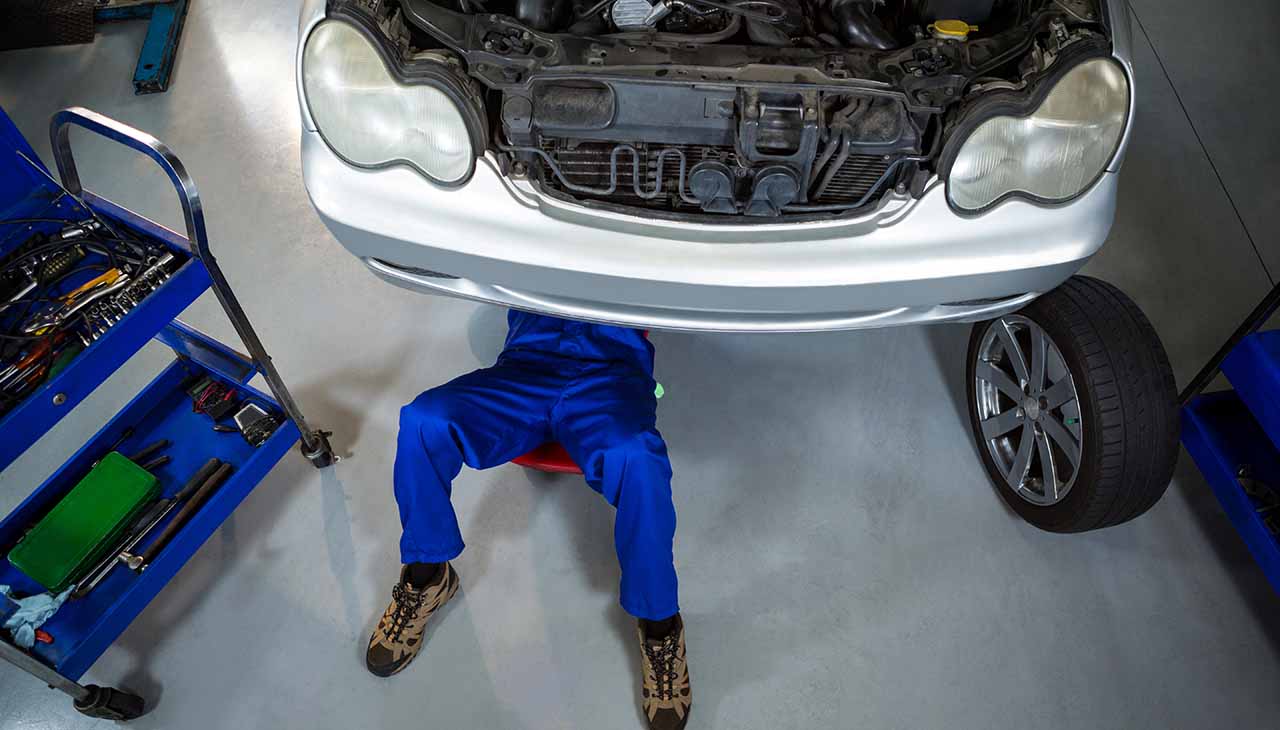Owning a car brings freedom, convenience, and the thrill of the open road. But it also comes with the responsibility of maintenance. Regular car care not only ensures your vehicle runs smoothly but can also save you money in the long run. For those who love to roll up their sleeves and get their hands dirty, DIY car maintenance offers both a practical and rewarding experience.
The Essentials for DIY Car Maintenance
Before you start your DIY car maintenance adventure, it’s crucial to have the right tools and supplies on hand. Here’s a list of basic items you’ll need:
- Socket set
- Wrenches
- Screwdrivers
- Jack and jack stands
- Oil filter wrench
- Funnel
- Drain pan
- Safety gloves and goggles
Safety should always be your top priority. Make sure to wear appropriate safety gear and follow all precautions to avoid accidents and injuries.
Simple DIY Tasks for Car Maintenance
Changing the Engine Oil
Changing your engine oil is one of the simplest yet most essential car maintenance tasks. Here’s how to do it:
- Warm up your car to ensure the oil flows out smoothly.
- Place a drain pan under the oil drain plug and remove the plug.
- Allow the oil to drain completely, then replace the drain plug.
- Remove the old oil filter and install a new one.
- Refill the engine with the recommended type and amount of oil.
Selecting the right oil is crucial for your engine’s health. Always dispose of used oil properly by taking it to a recycling center.
Replacing Air Filters
Clean air filters are vital for your car’s performance and fuel efficiency. There are two types of air filters to consider:
- Engine Air Filter:
- Locate the air filter housing and remove the cover.
- Take out the old filter and clean the housing if necessary.
- Insert the new filter and replace the cover.
- Cabin Air Filter:
- Locate the cabin air filter compartment, usually behind the glove box.
- Remove the old filter and clean the compartment if needed.
- Insert the new filter and close the compartment.
Regularly replacing air filters can improve your car’s fuel efficiency and ensure clean air inside the cabin.
Checking and Replacing Spark Plugs
Spark plugs play a crucial role in your engine’s performance. Here’s how to check and replace them:
- Locate the spark plugs and remove the ignition coils or spark plug wires.
- Use a spark plug socket to remove the old spark plugs.
- Inspect the old plugs for signs of wear or damage.
- Install the new spark plugs and reattach the ignition coils or wires.
Regular spark plug maintenance can improve your car’s fuel efficiency and acceleration.
Battery Maintenance
A well-maintained battery ensures your car starts reliably. Follow these steps for battery maintenance:
- Inspect the battery terminals for corrosion and clean them if necessary.
- Check the battery voltage using a multimeter.
- Ensure the battery is securely mounted and the connections are tight.
In extreme weather conditions, additional battery care may be required to ensure it performs optimally.
Advanced DIY Tasks for the Enthusiast
Replacing Brake Pads
Brake pads are critical for your safety. Here’s how to replace them:
- Lift the car and remove the wheel to access the brake caliper.
- Remove the caliper and old brake pads.
- Install the new brake pads and reattach the caliper.
- Replace the wheel and lower the car.
Always pay attention to any unusual noises or vibrations when braking, as these may indicate the need for professional assistance.
Changing the Coolant
Proper coolant maintenance prevents your engine from overheating. Follow these steps:
- Place a drain pan under the radiator and remove the drain plug.
- Allow the old coolant to drain completely.
- Refill the cooling system with the recommended type and amount of coolant.
- Bleed the cooling system to remove any air pockets.
Regular coolant changes ensure your engine stays cool and runs efficiently.
Benefits of DIY Car Maintenance
DIY car maintenance offers several advantages for car owners:
- Cost Savings: Performing simple maintenance tasks yourself can save you significant money compared to hiring a mechanic.
- Empowerment: Learning to maintain your car gives you a sense of accomplishment and self-reliance.
- Longevity: Regular maintenance extends the lifespan of your vehicle, ensuring it runs smoothly for years to come.
Conclusion
Regular car maintenance is essential for your vehicle’s performance and longevity. By starting with simple DIY tasks, you can save money, learn new skills, and take pride in maintaining your car. Don’t hesitate to share your experiences and seek guidance from fellow car enthusiasts. Happy wrenching!
